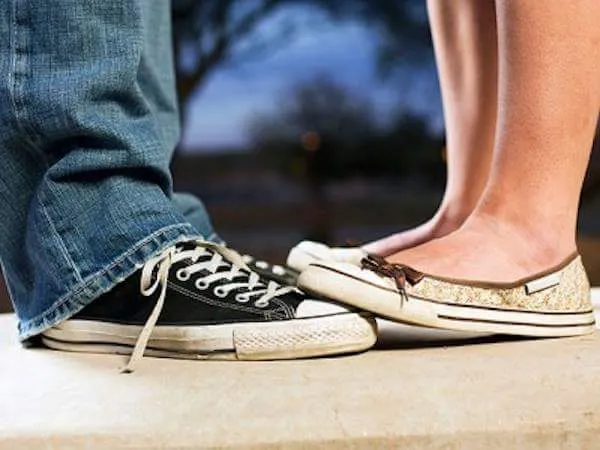ADOLESCENTS AND INTIMATE RELATIONSHIPS (Older Adolescents 20-25years)
Adolescents should bear in mind before they nurse the idea of having an intimate friendship with that special someone they feel is very important to their existence, they have to consider two things, first, “WHO THAT SOMEONE IS” and secondly, “WHAT TAKES PLACE IN THE RELATIONSHIP”. This is because it is more important for them to have genuine friends than it is for them to gain popularity before their peers because they are in a romantic relationship. Good friendship provides adolescents with lots of positive things such as SELF-DISCLOSURE, INTIMACY, and COMPANIONSHIP. Although, as adolescents enjoy good and loving relationships, they also have to deal with feelings of INSECURITY, CONFLICT, JEALOUSY, and MISTRUST. Adolescents who have a satisfying close friendship often perform better than their peers who are often lonely; this is because it is at this stage that individuals tend to develop close relationships with their peers as they are fully endowed with the capacity and the capability that enables them to do so.

The development of intimate relationship during adolescence parallels the changes that have taken place in the way the adolescents now think and the way they now behave in their relationships. There are four phases which intimate relationships go through during adolescence.
The first is the INFATUATION PHASE, this is the period adolescents begin to develop interest and socialize with their potential partners. Their focus at this stage is learning about themselves and to broaden their SELF-CONCEPTIONS.
The second phase, known as the STATUS PHASE, is characterized by the adolescents attempting to establish, improve and maintain their status before their friends and peers. Since they have chosen their intended “intimate friend” from amongst their peers, they still need to maintain a positive outlook before their peers. This is necessary because dating the ‘wrong’ person or conducting intimate romantic relationships in the ‘wrong’ way can seriously damage one’s standing before their peers.
The third phase is called the INTIMATE PHASE, and this is when the adolescents are meant to begin to establish true and meaningful attachment to their chosen heartthrob, although they are still learning about themselves and about their special friend. At this stage, the adolescents should be aware of the way their peers see their relationship. By this time also, some adolescents have become sufficiently involved in each other’s emotional life. It is advisable that they guard their emotional involvements so that it does not overshadow their personal and status concerns which they have started to build from the beginning of their relationship.
The final stage is the BONDING PHASE. It is concerned with COMMITMENTS and SELFLESSNESS. This is when the adolescent begins to think about how they would sustain their relationship, how to grow their relationship and make it survive in the long-run. Most adolescents at this phase do not need to contemplate marriage and this phase usually takes place when the individuals are in their middle or late twenties.
Before most intimate relationships gets to this last phase, the adolescents might have known themselves for close to three years. The more time they spend in understanding each other, the easier it is for adolescents to value COMMITMENT and CARING as more important features of relationships than PASSION and PLEASURE. Most often, some adolescents skip the second and third phase of this process and they jump into making a life-time commitment right after the infatuation phase. They do not get to understand their partners. They confuse true love with infatuation coupled with the fact they didn’t take time to build their relationship the way it is meant to be, it ends up crashing, while they are left with heartache.
Although the progression through the infatuation, status, intimate, and bonding phases of dating does not have a fixed timetable when it should start or end for every adolescent, or how long they should spend on each phase. Every individual experiences each phase in a unique manner which largely depends on the personality of those involved, how much of self-disclosure they bring into their relationship and also on other factors peculiar to them and their environment are.
Feel free to share, thank you